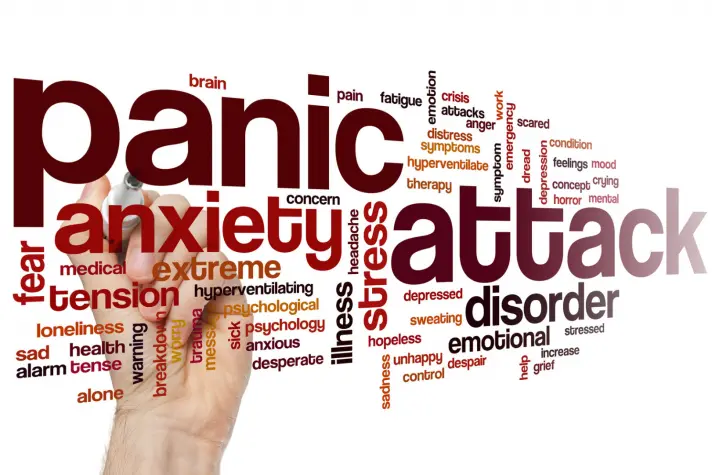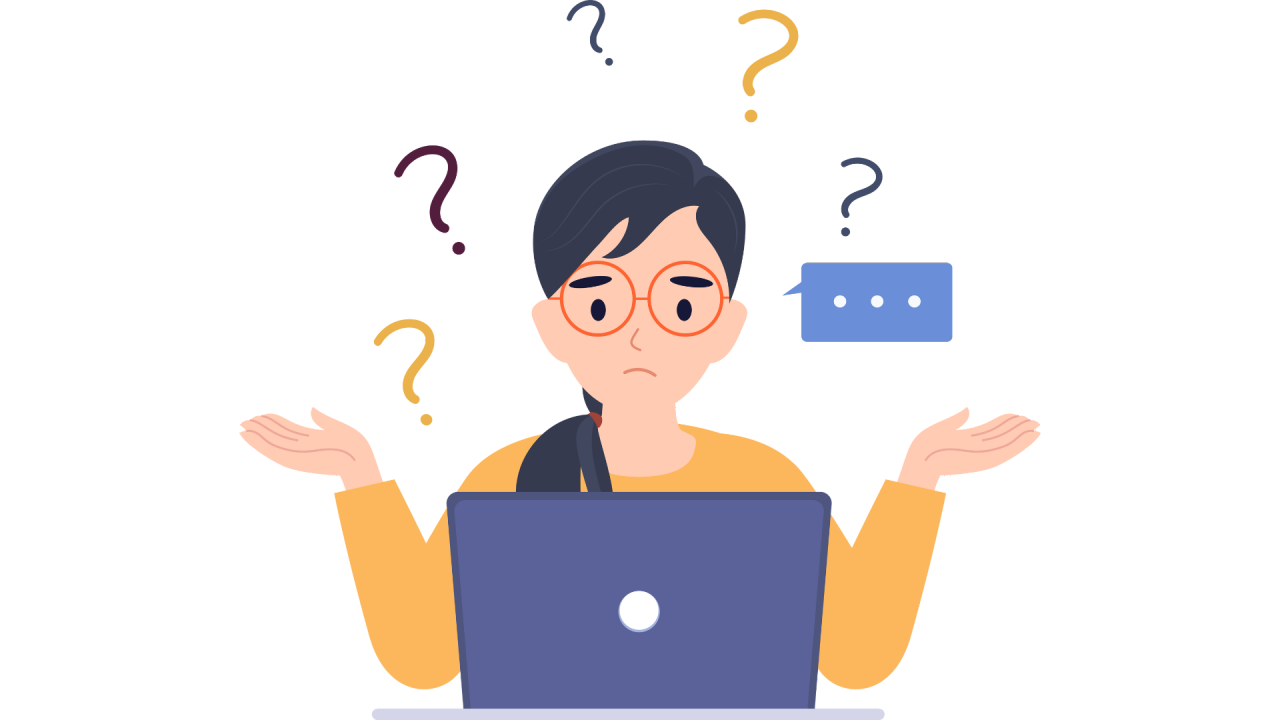Anxiety is one of the most common mental health challenges today, affecting millions worldwide. For…

Feeling Stressed? Here’s What You Can Do Before Seeing a Psychiatrist
By Dr. Styliani Spyridi, Psychiatrist | Psychiatry-cy, Limassol, Cyprus
In today’s fast-paced world, stress is something nearly everyone experiences—but when it becomes constant or overwhelming, it can impact your physical health, your mood, and your ability to function.
If you’ve been thinking:
“I’ve been feeling really stressed. Should I see a psychiatrist?”
You’re not alone.
At our private psychiatry clinic in Limassol, Cyprus, we help individuals manage stress that’s become too much to carry alone. But there are also practical steps you can take on your own—even before booking an appointment.
Here’s what you can do today to manage your stress with simple, evidence-based strategies.
1. Build Awareness of Your Stress Patterns
Stress often becomes overwhelming when it’s not clearly understood.
Before you try to “fix” it, try observing it.
What to do:
Start a stress journal: write down what triggered your stress, how it felt, and how long it lasted.
Notice patterns: Does it happen at certain times of day? Around specific people or events?
Why it works: This increases emotional awareness and helps your psychiatrist better understand what’s happening when you’re ready to seek help.
2. Use Grounding Techniques to Calm Your Nervous System
When stress feels physical—tight chest, fast heart rate, shallow breathing—it means your nervous system is in fight-or-flight mode. Grounding techniques help signal safety to your body and brain.
Try this technique:
The 5-4-3-2-1 Method
5 things you see
4 things you can touch
3 things you hear
2 things you smell
1 thing you taste
Why it works: It brings your attention back to the present and helps reduce anxiety and panic symptoms.
3. Reduce Sensory Overload
People often underestimate how much sound, light, and screens affect stress levels—especially when already overstimulated.
What to do:
Turn down background noise
Use softer lighting
Step away from screens for short breaks
Try calming music or nature sounds through apps like Insight Timer or Headspace
Even small environmental changes can create a more regulated internal state.
4. Break the Overwhelm Cycle
Stress narrows your thinking. Everything feels urgent, and that often leads to decision fatigue or paralysis.
Try this:
Choose just 3 things you need to do today
Break them down into micro-steps
Tackle one task at a time—without multitasking
Helpful tools:
Todoist
Structured (for visual daily planning)
5. Move Your Body—Even Gently
Movement is one of the most powerful stress relievers. It doesn’t have to be intense to be effective.
Ideas:
Take a 10-minute walk
Stretch your shoulders and spine
Try 5 minutes of mindful movement (e.g., yoga, tai chi, gentle dancing)
Why it works: Physical activity helps release tension, regulate cortisol, and activate brain chemicals like dopamine and serotonin.
6. Know When to Seek Help
If your stress is:
Lasting longer than a few weeks
Interfering with your sleep, focus, or relationships
Accompanied by low mood or irritability
…then it’s time to talk to someone.
Psychiatrists are trained to assess and treat stress-related conditions, including generalized anxiety, burnout, panic, and adjustment disorders.
We’re Here to Help in Limassol
At our private psychiatry clinic in Limassol, Cyprus, we support individuals struggling with chronic stress, emotional exhaustion, and anxiety. Whether your stress is related to work, relationships, health, or something you can’t quite name—we’ll help you understand it and find the right treatment plan for your needs.
Book a Confidential Consultation
You don’t have to reach a breaking point to seek help.
Early support leads to better outcomes.
Let’s work together to build a calmer, more balanced life.



